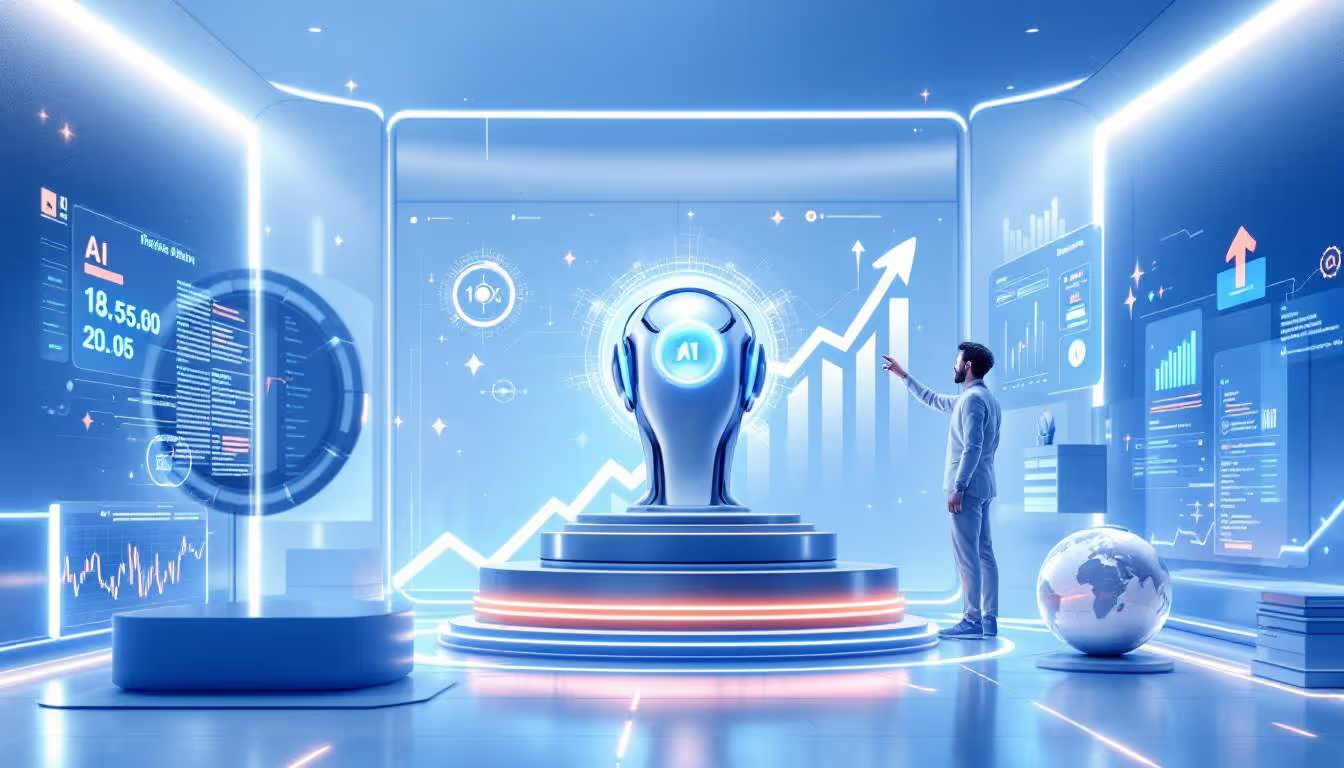The landscape of work is rapidly changing, especially with the rising prominence of artificial intelligence (AI) in our daily lives. Arthur Mensch, the CEO of Mistral AI, recently shed light on a significant risk posed by AI: deskilling. According to him, as individuals increasingly rely on AI for tasks that once required human intelligence, their own skills and critical thinking could deteriorate.
This concern stands in stark contrast to what other tech leaders, like Anthropic CEO Dario Amodei, predict. Amodei believes that AI could eliminate up to 50% of entry-level office jobs soon. While job loss is a genuine concern, Mensch emphasizes that the bigger issue is the risk of laziness that AI could induce. He insists that humans need to stay involved in AI outputs to keep our critical thinking skills sharp.
The Human Factor
Research backs up Mensch's assertion. A study surveying university students in Pakistan and China discovered that 68.9% of laziness was due to AI use. It resulted in a 27.7% reduction in decision-making capacity. AI makes us more efficient but may also encourage a dangerous dependency that erodes essential skills.
Moving on to the cryptocurrency sector, there’s a silver lining. Decision-makers can leverage AI to bolster employee engagement and skill development. By automating repetitive tasks, AI gives HR and leadership the bandwidth to focus on growth strategies. For instance, AI tools could analyze employee feedback and sentiment to inform better engagement tactics.
AI can also pave personalized growth paths for employees, offering real-time feedback aligned with organizational objectives. This strategy not only increases motivation but also mitigates disengagement—a costly problem for the global economy.
The New Breed of Jobs
As AI and cryptocurrency converge, we'll see a surge of new roles that marry advanced technology with blockchain expertise. Some likely positions include:
- AI-Enhanced Crypto Quantitative Trader
- AI-Driven Crypto Compliance Officer
- AI-Powered Cryptocurrency Analyst
- Technical Lead for Crypto & AI Integration
- AI Automation Engineer in Crypto
The demand for professionals who can navigate both the AI and cryptocurrency landscapes will be substantial.
Balancing AI and Human Skills
Fintech startups can harness AI without compromising human skills through a balanced approach. They should automate routine tasks like fraud detection and customer queries, allowing employees to engage in more creative and emotionally intelligent activities.
AI can also bolster decision-making by analyzing large datasets to uncover hidden patterns. However, humans should retain the final say, ensuring ethical considerations are taken into account.
Investing in employee training is essential to avoid skill erosion. Employees should be equipped to work alongside AI, mastering interpretation and oversight, thus fostering a hybrid workforce.
Ethical standards must also be upheld, as AI's rise poses concerns about data privacy and security. Ensuring transparency and compliance requires human involvement.
The Bigger Picture
The implications of AI in banking and finance are far-reaching. As AI technologies integrate into banking and financial services, they have the potential to transform international finance. AI can streamline banking transactions, enhance data security, and improve customer service through personalized interactions.
Yet, the rise of AI is not without its challenges. Data privacy and security become paramount. Financial institutions must ensure the accuracy and reliability of AI systems to maintain consumer trust. The risk of AI "hallucinations", where AI generates false or misleading information, poses severe challenges, risking reputational damage and financial penalties.
In short, while the risk of AI-induced laziness is real, it should not overshadow the substantial benefits AI can bring to the financial services sector. Thoughtful AI design and implementation can enhance employee engagement, create new job opportunities, and improve overall efficiency in banking and finance. Balancing technology with human skills will be key to navigating the evolving landscape of work in the age of AI.






